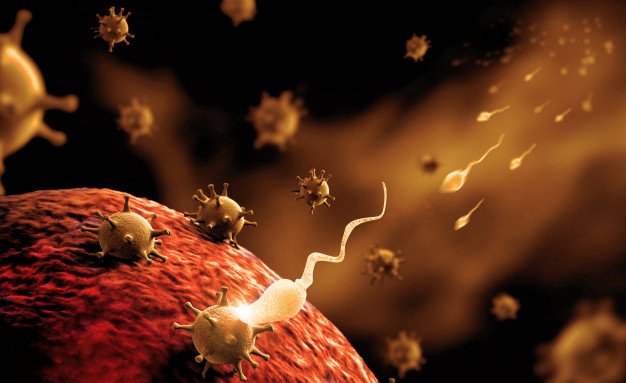
Photo Credit: Freepik
Singapore's NUS Yong Loo Lin School of Medicine (NUS Medicine) and Buck Institute’s Global Consortium for Reproductive Longevity and Equality (GCRLE) in collaboration with the Bia-Echo Foundation is running a "Making Reproductive Longevity A Reality" is a webinar series. The series is hosted by Dr Huang Zhongwei and Dr Jennifer Garrison, the series of 10 episodes aims to engage scientists, clinicians, academics, and policymakers in a collaborative dialogue to foster research to prevent or delay reproductive aging. The next webinar is scheduled for Friday, 19 March 2021 at 8am Singapore time/GMT+8 (18 March 2021 at 4pm PST/GMT-8).
In the fifth episode of the "Making Reproductive Longevity A Reality” webinar series, Assistant Professor Amanda Kallen from Yale School of Medicine, will address the topic, “Ovarian Senescence: A Novel Driver of Female Reproductive Ageing?”, discussing what is known - and unknown - about the role of senescent cells in female reproduction, a novel and understudied area of reproductive aging.
Though Cellular senescence, a response to a cellular injury involving a halt in the cell cycle, is a key hallmark of ageing in non-reproductive tissues. However, the contribution of senescent cells to the naturally ageing ovary is unknown.
On the topic, “Splicing Genes to Retard Reproductive Ageing”, Associate Professor Arjumand Ghazi from Paediatrics, Developmental Biology, Cell Biology & Physiology, University of Pittsburgh School of Medicine, will discuss how the protein TCER-1 shapes gene splicing to help C. elegans retain reproductive fitness. Dr Ghazi’s postdoctoral work was instrumental in identifying genes that alter longevity based on signals from the reproductive system, and helped establish paradigms for understanding their function.




